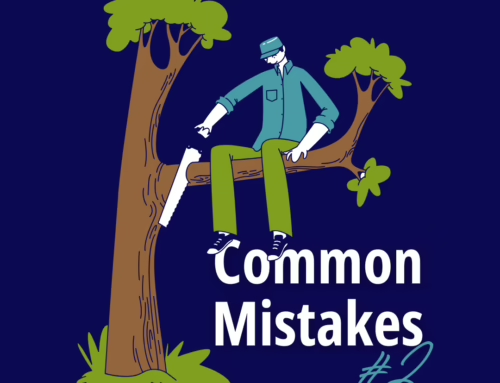There is an ancient Latin saying, “Repetition is the mother of all learning.”
At Shababeek we see this principle play a critical role as people develop their fluency in Arabic. The more consistently one comes in for sessions, the more days he or she commits to showing up, the more hours they completely immerse themselves in practice sessions, the faster we see their basic speaking become more automatic. 
Recently I finished the book, Atomic Habits, by James Clear. His advice reinforced what we have been recommending to people who are seeking to learn to speak Arabic for years. He says, “If you want to master a habit, the key is to start with repetition, not perfection.” The founder of the Growing Participator Approach to language learning, Greg Thompson (GPA), often says something similar; “The path to speaking well runs through a large valley of speaking poorly.” James Clear seems to suggest the same approach. “You just need to get your reps in,” he says.
How to get your reps in while learning Arabic?
- Spend the majority of the days of the week in scheduled practice
- Spend as many consecutive hours soaked in Arabic as possible.
- Listen to recordings you fully understand repetitively.
- Practice what you want to say well, again and again, until it flows out of you with ease.
In Clear’s book, he proposes that habit formation is the process by which a behavior becomes progressively more automatic through repetition. The more you repeat an activity, the more the structure of your brain changes to become efficient at that activity.
A lot of people view language learning as an academic pursuit of study. My experience has shown that it is far less academic and far more habit formation development. You don’t learn by study as much as by doing. That’s why a program structured around developing conversational skills and offering practical practice will get you much further than a traditional classroom in building fluency.
I’ve been advising these principles for some time; coaching Arabic learners to practice basic storytelling speech often- so often that it becomes instinctual. Eventually, you can begin to speak from intuition, not because you know the grammatical rule for why it is correct, but rather because you know it in your gut. You’ve heard it said again and again and have practiced the pattern repetitively. You feel, deep down inside, that it just sounds right.
Clear’s book asserts that repeating a habit even leads to clear physical changes in the brain.
Neuroscientists call this long-term potentiation, which refers to the strengthening of connections between neurons in the brain based on recent patterns of activity. With each repetition, cell to cell signaling improves and the neuroconnections tighten.
Clear specifically addresses the challenge the brain faces as we learn to speak new languages. The difficulty is felt, he says, because the channels through which each sensation has to pass have not yet become established. The good news is that there is a way to strengthen these channels. How? Frequent repetition. When we give ourselves the gift of frequent repetition, this action forms a pathway, and this difficulty vanishes. The actions become so automatic, that they can be performed while the mind is otherwise engaged. 
This is what many of us begin to experience after many thousands of hours of using a language. Not only is repetition the recipe for beginning to speak with ease, it is actually a form of change. Clear states that, “Putting in your reps,” so to speak, “…is one of the most critical steps you can take to encoding a new habit. As a habit is repeated, it gets more and more automatic.”
That’s why when people want to tackle a new skill as difficult as learning Arabic, we generally recommend as many days a week as possible, as many hours a day as one can handle. Because, as the book Atomic Habits asserts, habits form based on frequency, not time.
People often ask me “How long will it take me to learn Arabic?” The better question, rather than “how long” is “how many.” How many repetitions does it take to form a new habit? How many days of the week do you need to be practicing? Frequency is what makes the difference. String together enough successful attempts until the behavior is firmly embedded in your mind. The most effective form of learning is practice.





